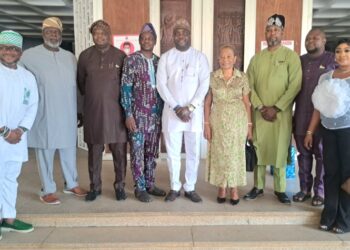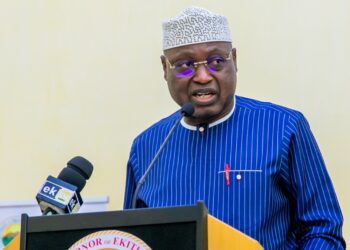AN African ministerial working meeting conveyed by the World Tourism Organization (UNWTO) during this year’s Berlin International Tourism Fair ITB (8 March) agreed to move ahead with a new ten-point UNWTO Agenda for Africa.
The final document will be adopted at the UNWTO Commission meeting for Africa, taking place in Nigeria in June this year.
Against the backdrop of international tourist arrivals expanding 8% in Africa in 2017, thus outgrowing the world average increase in arrivals, tourism is gaining weight as a development opportunity for the whole continent, with its vast diversity of nature, culture and wildlife its greatest vehicle for development.
ALSO READ: ‘Nigerian Flavours’ Debuts, To Showcase Nigerian Cuisines, Delicacies
UNWTO Secretary-General Zurab Pololikashvili stressed that “tourism has huge potential to generate lasting development opportunities in Africa if we manage it in the right way, which is economic, social and environmental sustainability”.
The participants from 17 countries, including 14 ministers, supported a coordinated approach to seizing the continent’s potential for tourism, a sector that last year attracted more than 62 million international visitors. Issues on the UNWTO Agenda for Africainclude, among others, connectivity, the image and brand of Africa, poverty alleviation, climate change, education and skills development, and financing. Delegates underscored the importance of educating other economic sectors on the broad impact of tourism for the benefit of societies and its people, and promoting tourism as a priority in national agendas.
ALSO READ: Nigeria Ready To Host African Tourism Ministers – FG
The detailed, four-year UNWTO Agenda for Africa will be approved at the upcoming 61st Regional Commission for Africa – UNWTO’s annual gathering of all its member countries of the continent –in the Nigerian capital of Abuja (4-6 June).
The following countries were represented at the meeting at ITB: Angola, Cape Verde, Cameroon, Congo, Côte d’Ivoire, Ethiopia, Gambia, Kenya, Madagascar, Mali, Mauritius, Morocco, Mozambique, Nigeria, Sudan, Zambia, and Zimbabwe.










